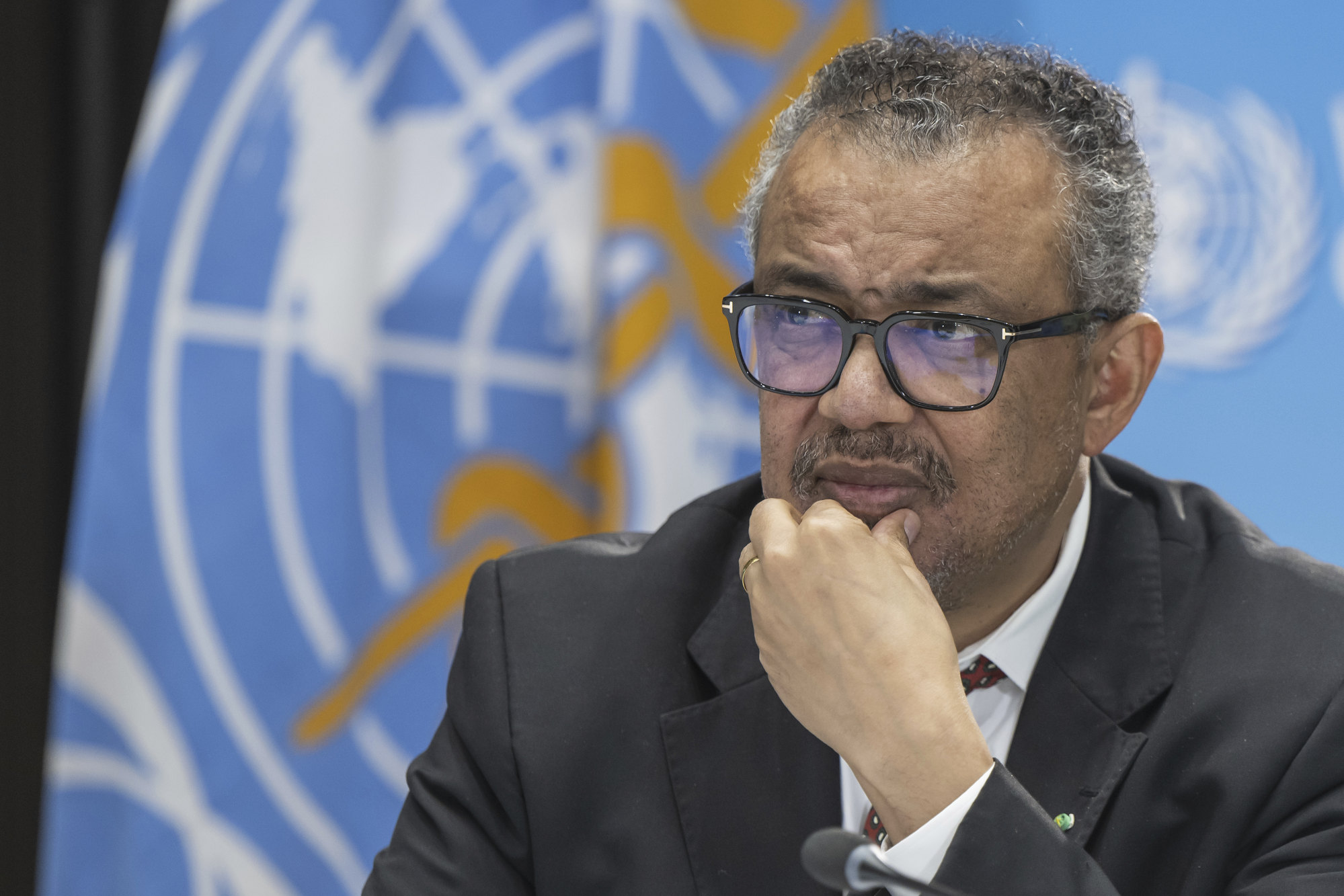Nearly 10,000 died from Covid-19 last month, fuelled by gatherings and new variant, WHO says
He said it was “certain” that cases were on the rise in other places that haven’t been reporting, calling on governments to keep up surveillance and provide continued access to treatments and vaccines.

Tedros said the JN.1 variant was now the most prominent in the world. It is an Omicron variant, so current vaccines should still provide some protection.
Maria Van Kerkhove, technical lead at WHO for Covid-19, cited an increase in respiratory diseases across the globe due to the coronavirus but also flu, rhinovirus and pneumonia.
From Omicron to Kraken to Eris: how Covid variant naming systems have changed
“We expect those trends to continue into January through the winter months in the northern hemisphere,” she said, while noting increases in Covid-19 in the southern hemisphere – where it’s now summer.
While bouts of coughs, sniffling, fever and fatigue in the winter are nothing new, Van Kerkhove said this year in particular, “we are seeing co-circulation of many different types of pathogens”.
WHO officials recommend that people get vaccinated when possible, wear masks, and make sure indoor areas are well ventilated.
“The vaccines may not stop you being infected, but the vaccines are certainly reducing significantly your chance of being hospitalised or dying,” said Dr Michael Ryan, head of emergencies at WHO.
Tedros declared an end to Covid-19 as an international public health emergency in May 2023, more than three years on from when the virus was first detected in Wuhan, China, in late 2019.
Additional reporting by Agence France-Presse